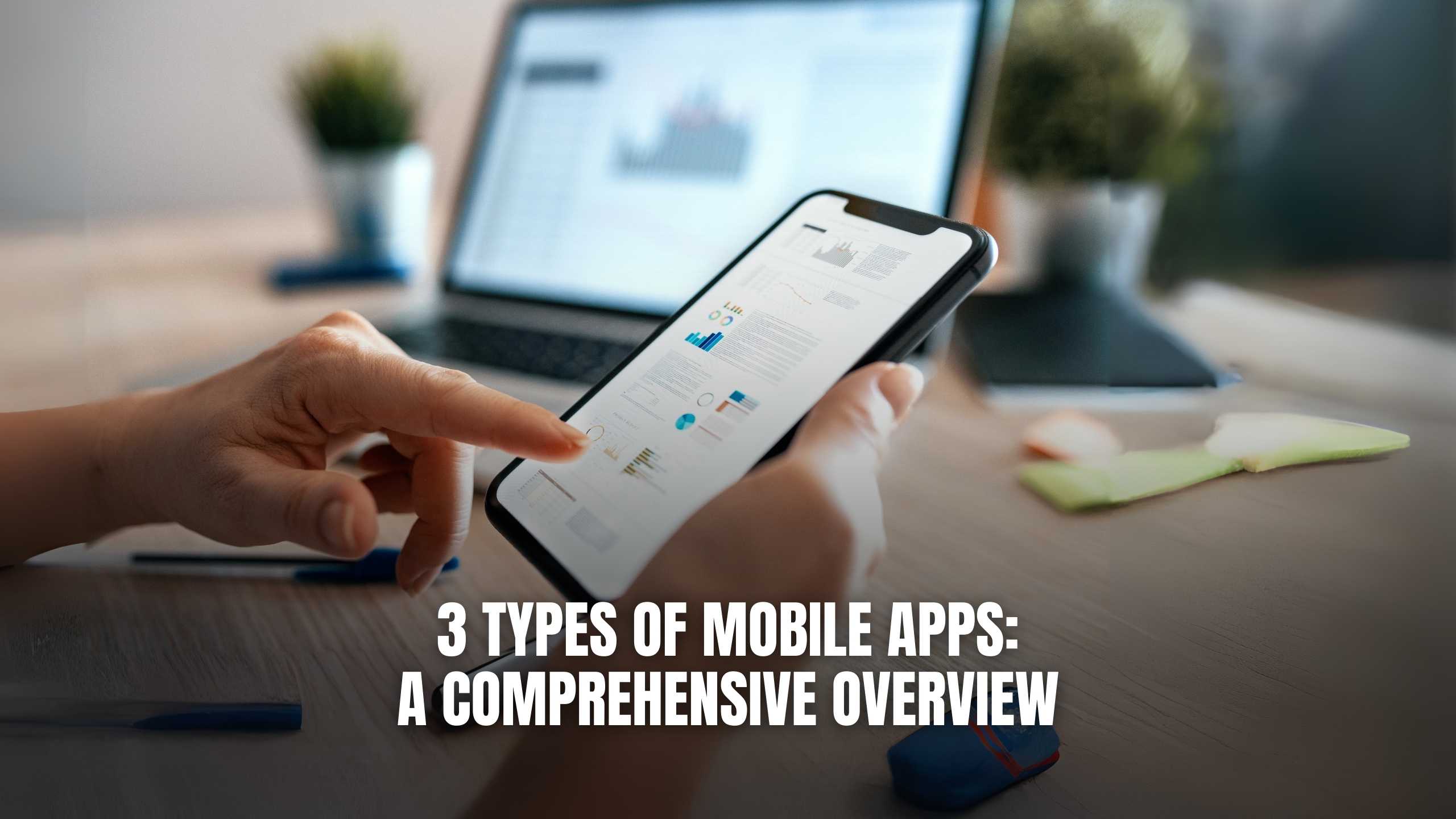3 Types of Mobile Apps: A Comprehensive Overview


3 Types of Mobile Apps: A Comprehensive Overview
In the ever-evolving landscape of mobile applications, understanding the different types is crucial for businesses and developers alike. This blog provides an in-depth exploration of the three main categories of mobile apps, shedding light on their characteristics, use cases, and the technology that powers them.
1. Native Mobile Apps
Native apps are designed for a specific operating system, such as iOS or Android, utilizing platform-specific languages like Swift or Kotlin. These apps offer superior performance and seamless integration with device features, providing a tailored user experience. Popular SaaS products like Xcode for iOS and Android Studio for Android assist developers in building and optimizing native apps efficiently.
2. Web Apps
Web apps operate through web browsers, accessible on various devices, irrespective of the operating system. Built using standard web technologies like HTML, CSS, and JavaScript, they eliminate the need for installation and can be updated seamlessly. SaaS solutions like Firebase Hosting provide a reliable platform for hosting web apps, ensuring optimal performance and scalability.
3. Hybrid Mobile Apps
Hybrid apps combine elements of both native and web apps, allowing developers to use web technologies while still accessing native device features. Frameworks like Ionic and React Native simplify the development of hybrid apps, enabling businesses to achieve cost-efficiency and broad platform compatibility.
Recommended SaaS Products for App Development:
- Xcode: Streamline iOS app development with Xcode, a powerful integrated development environment (IDE) that enhances efficiency and offers a comprehensive set of tools.
- Android Studio: Optimize Android app development using Android Studio, an official IDE that provides a robust environment for coding, testing, and debugging Android applications.
- Firebase Hosting: Ensure seamless web app hosting and deployment with Firebase Hosting, a reliable solution that offers high performance, scalability, and effortless updates.
- Ionic: Simplify hybrid app development with Ionic, a framework that leverages web technologies to create cross-platform apps efficiently, reducing development time and costs.
- React Native: Enhance the development of cross-platform mobile apps with React Native, a framework that enables the use of JavaScript and React to build native-like experiences for iOS and Android.
Conclusion
Navigating the world of mobile app development requires a nuanced understanding of the three primary types: native, web, and hybrid apps. Each type comes with its unique advantages and considerations, influencing the choice of developers and businesses based on their specific goals and requirements.
Streamline Your App Development Journey with Subscribed.fyi!
Ready to explore the vast landscape of mobile app development tools? Subscribed.fyi offers exclusive deals on essential SaaS tools. Sign up for free to unlock secret deals and access savings on tools like Xcode, Android Studio, Firebase Hosting, Ionic, and React Native. Elevate your app development experience and make informed decisions with Subscribed.fyi.
Relevant Links:








